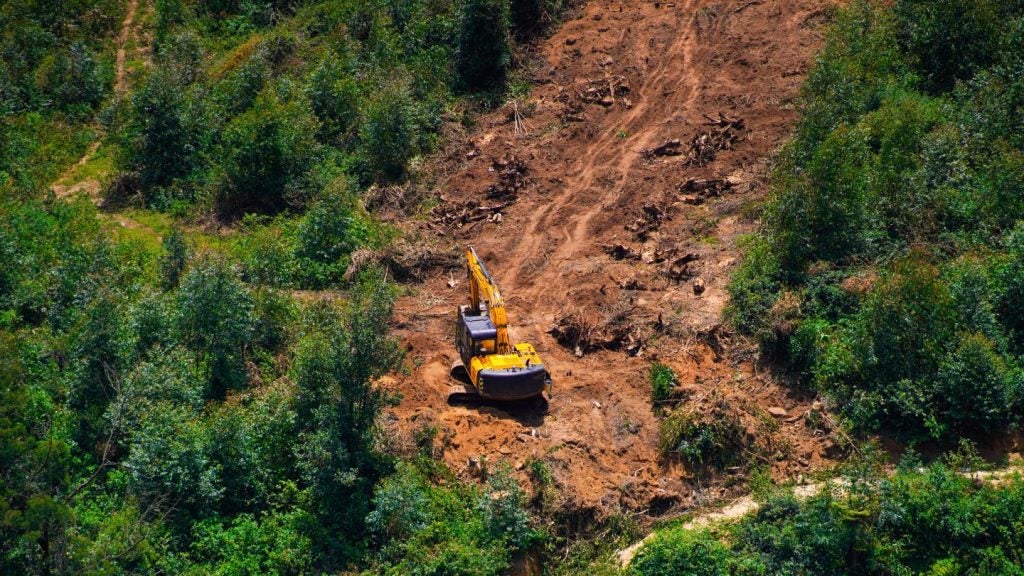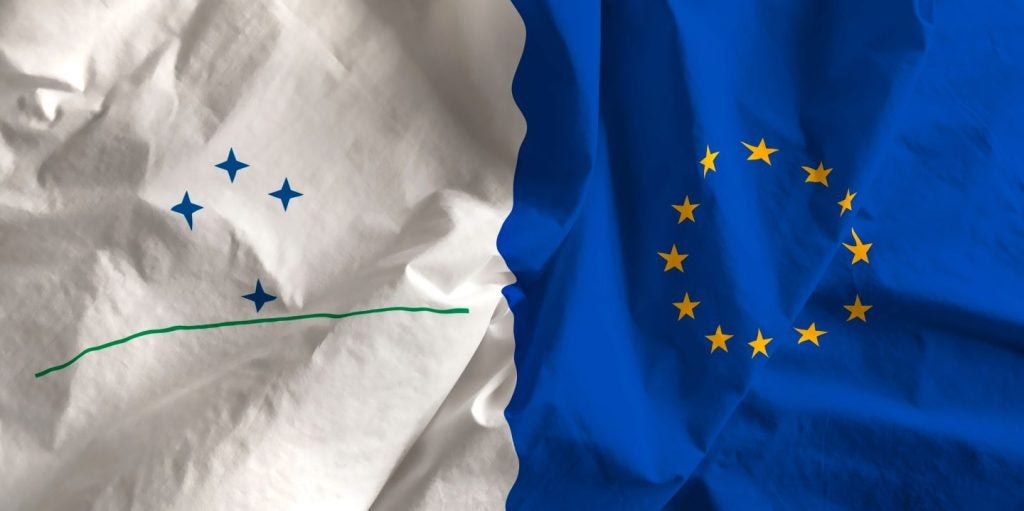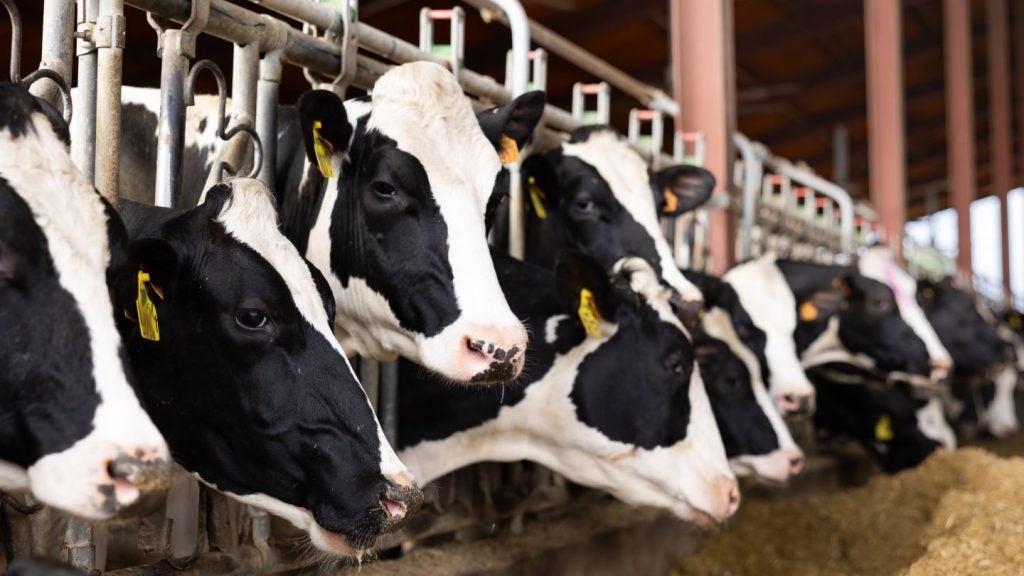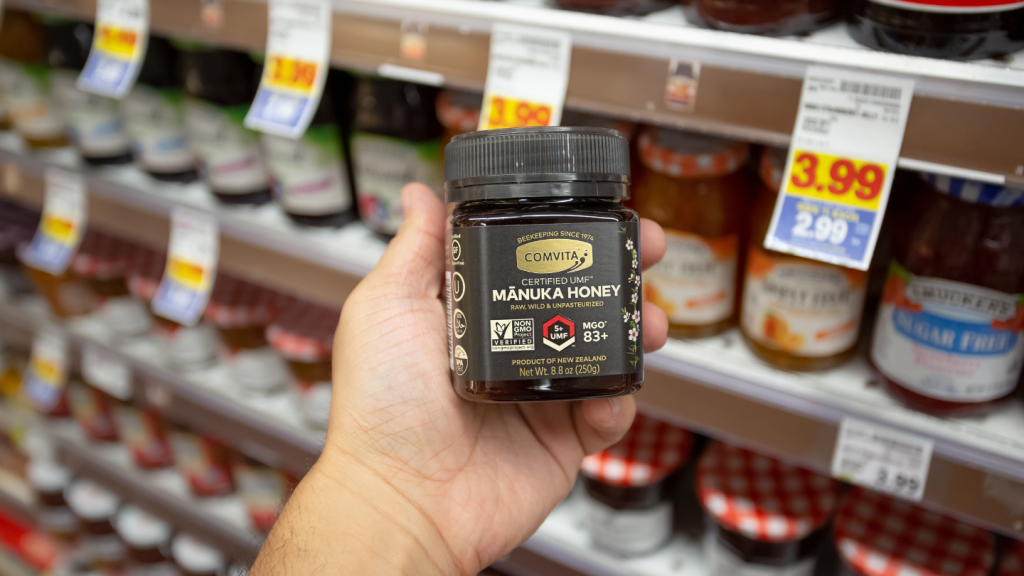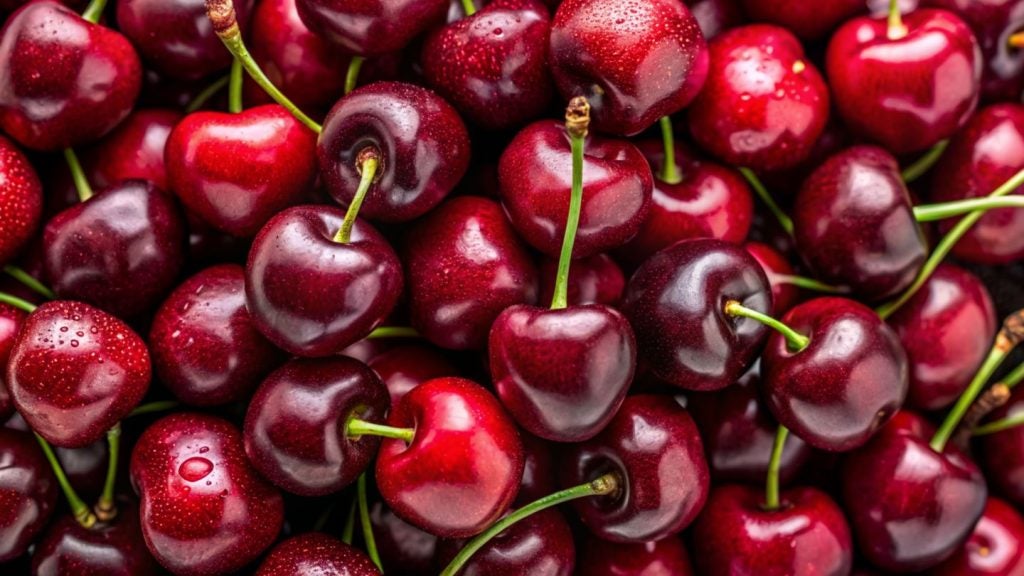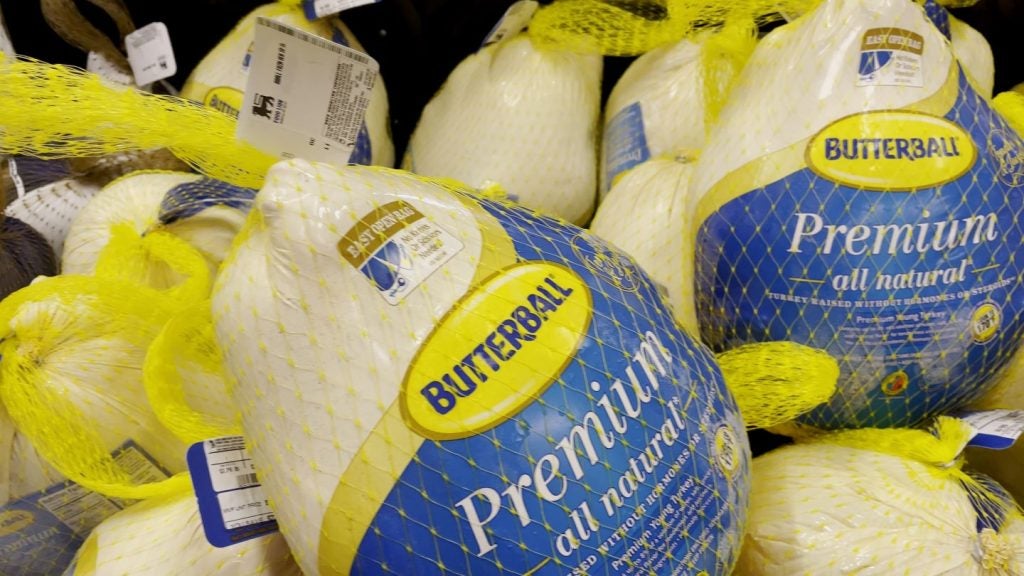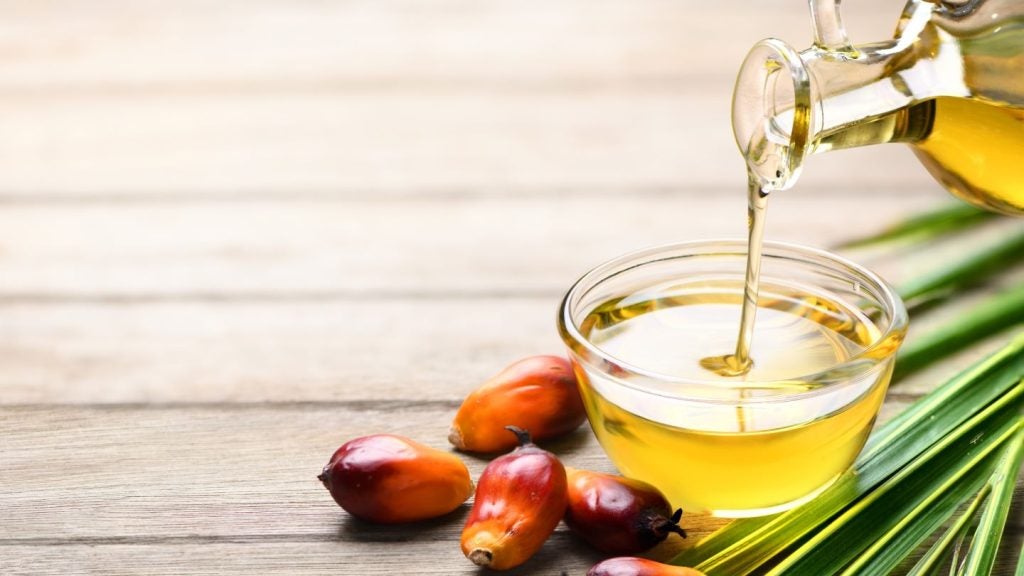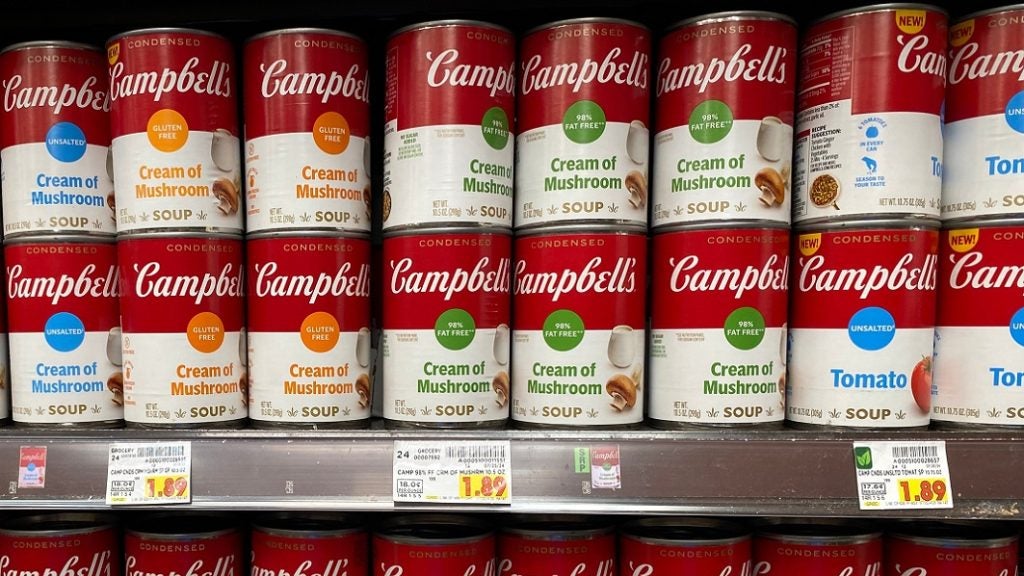Soy supplier Bunge, plus meat giants Cargill and JBS, have been called out in a new deforestation tracker devised by NGO Mighty Earth.
The companies have been collectively called the “terrible trio” due to their reported links to deforestation in Brazil, according to Mighty Earth's Soy & Cattle Deforestation Tracker.
Joao Gonçalves, the senior director for Mighty Earth in Brazil, said Bunge, Cargill and JBS are the “worst culprits for driving deforestation" in the country.
The environmental NGO has ranked ten major soy and meat companies on their links to deforestation across Brazilian biomes, including the Amazon, Cerrado and Pantanal.
The tracker has linked the companies to 330,296 ha of recent deforestation and land degradation over the period between February 2022 and July 2024.
“Our data shows that an area twice the size of London has been destroyed,” Gonçalves added.
The data, which centres on 172 recent cases reported by AidEnvironment and Mighty Earth, shows "deforestation rising at an alarming rate”, the NGO said.
A third of the clearance occurred in protected areas, potentially violating Brazilian law, and 66,129ha were near or bordering Indigenous lands, Mighty Earth claimed.
Scored across four categories – responsiveness, transparency, action and zero deforestation and conversion policy – JBS scored ten out of 100, Cargill 11 and Bunge 31.
LDC topped the Mighty Earth scorecard with 42 points out of 100, while ADM was the only company to publish these deforestation cases in a public grievance log, the NGO said.
Mighty Earth's report follows a report by The Guardian in which the UK publication claimed there has been pressure to weaken the Soy Moratorium, a key Amazon protection measure.
The moratorium, established in 2006, involved stakeholders agreeing not to source soy from deforested Amazon areas.
It has been credited with preventing an estimated 17,000 km2 of deforestation and improving global brand reputations.
Gonçalves called on soy and cattle traders to “urgently stop buying from farms involved in deforestation”.
Europe remains a crucial market for Brazilian soy, with exports of soybeans and soymeal/oil cake rising by 6.3% from January to September 2024 compared with the same period in 2023.
Soybean exports to France, Germany, the Netherlands, Spain, and the UK increased by 20% in the first nine months of this year compared with last year.
Notably, half of the Brazilian soy exported to the UK and Germany comes from the Cerrado, and exports to Spain surged by 39% compared with 2023 figures.
Just Food approached Bunge, Cargill and JBS for comment.
In a statement, Cargill said: "At Cargill, we are working to protect vital ecosystems in South America and are committed to treating people with dignity and respect in the workplace and communities where we do business. We have robust procedures to ensure we are respecting social and environmental restrictions – slave labour, Soy Moratorium, Green Grain Protocol and embargoes (from federal and state agencies) – as well as respecting regulated indigenous areas, from which we do not source grains."
Bunge and JBS had not responded at the time of publication.


